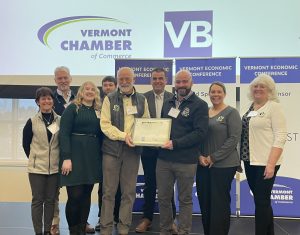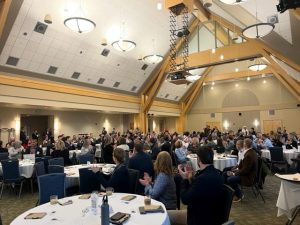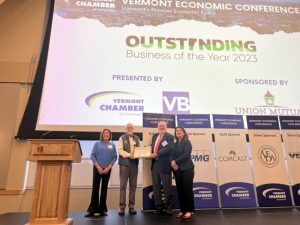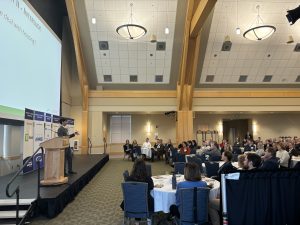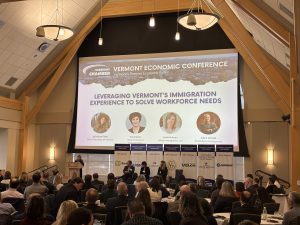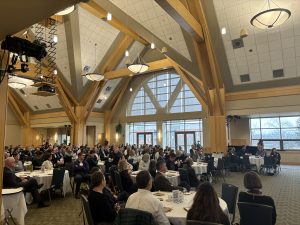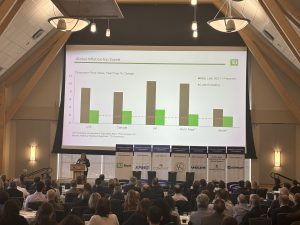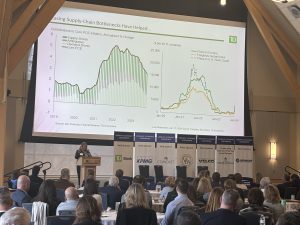26 Vermont Chamber Businesses Named as Best Places to Work in Vermont 2024
The Vermont Chamber of Commerce congratulates our members who have been named to the 2024 Best Places to Work in Vermont list! This recognition is a testament to the commitment of Vermont businesses to creating positive and supportive work environments for their employees. This year, a total of 65 Vermont businesses were recognized, including 26 Vermont Chamber members.
The Best Places to Work in Vermont program is a statewide initiative that recognizes companies that create positive work environments for their employees. The selection process is based on an evaluation of company policies, practices, and employee surveys.
Vermont Chamber members that were named to the 2024 list include:
Small Businesses (15-99 employees)
- Coldwell Banker Hickok & Boardman
- Concepts NREC
- Co-operative Insurance Companies
- Encore Renewable Energy
- Gallagher, Flynn & Company, LLP
- Green Mountain Surgery Center
- Heritage Aviation
- Junapr Communications
- Liquid Measurement Systems, Inc.
- NDI
- Open Approach
- Pomerleau Properties Inc
- ReArch Company
- Redstone
- Saba Marine
- Union Mutual
- VHFA
Medium Businesses (100-249 employees)
- Chroma Technology Corp.
- DEW Construction
- NorthCountry Federal Credit Union
- OnLogic
- The Richards Group
Large Businesses (250+ employees)
- Mascoma Bank
- NBT Bank
- Teknor Apex
- Vermont Mutual Insurance Group
These businesses are setting the standard for workplace excellence in Vermont. They are committed to creating cultures that are not only productive, but also enjoyable and rewarding for employees. The final rankings will be announced at the awards presentation on March 26.
Congratulations again to our members who were named to the 2024 Best Places to Work in Vermont list!
RECENT TAX NEWS






